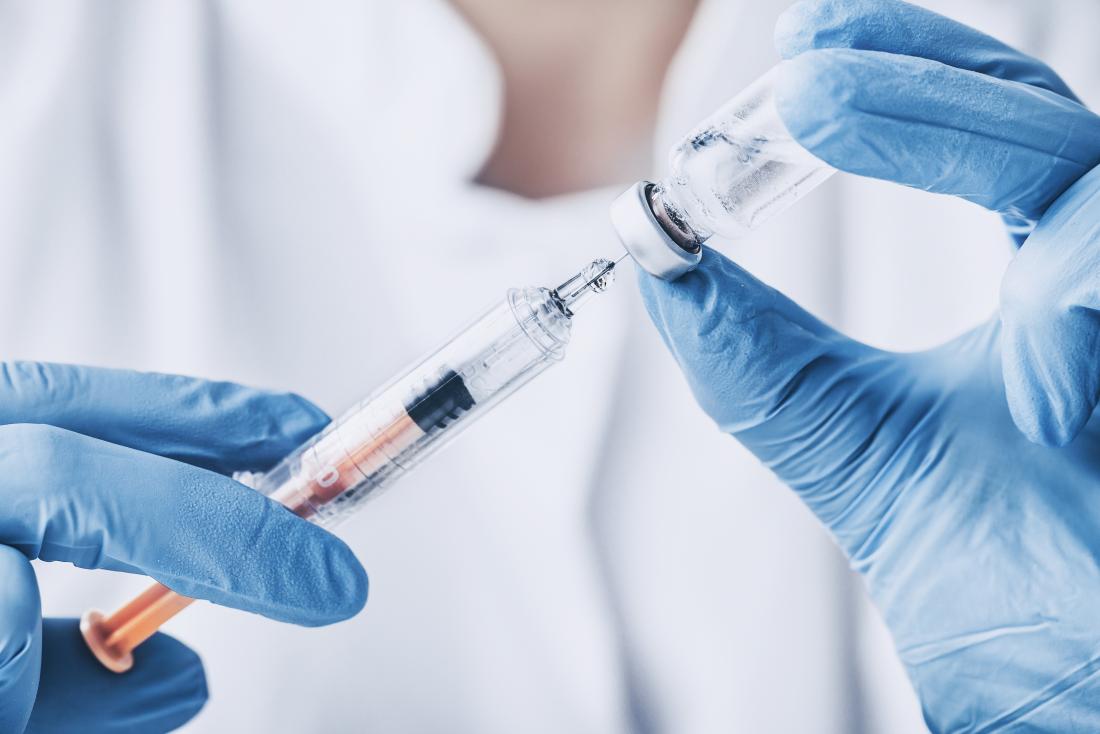Drooling can occur for many reasons. Most people drool every once in a while. It is especially common while sleeping, when a person swallows less frequently. This can cause saliva to accumulate and seep from the sides of the mouth.
For those wondering how to stop drooling, the best method may depend on the cause.
The best ways to stop drooling
The following treatments may help:
Change sleeping positions

Certain sleeping positions may encourage drooling.
People commonly drool while sleeping.
If a person is drooling while asleep, switching to sleeping on the back may be a quick fix. Gravity will prevent saliva from seeping out of the mouth.
A wedge pillow can help a person to stay in one position all night, and many are available for purchase online.
Treat allergies and sinus problems
Sinus infections and allergies can lead to increased saliva production and a stuffy nose.
Having a blocked nose causes a person to breathe through the mouth, making it easier for saliva to escape.
Take medication
A doctor may recommend medicine to eliminate drooling, especially in patients with neurological conditions.
Scopolamine, also known as hyoscine, intercepts nerve impulses before they reach the salivary glands.
This medication is often delivered in the form of a patch placed behind the ear. The patch releases the medication continuously, and one patch typically lasts for about 72 hours.
Side effects of scopolamine may include:
- dizziness
- drowsiness
- an increased heart rate
- dry mouth
- itchy eyes
Glycopyrrolate is another option. It also decreases saliva production by blocking nerve impulses, but side effects can be more severe. They may include:
- irritability
- trouble urinating
- hyperactivity
- skin flushing
- decreased sweating
Receive Botox injections

Botox injections in the salivary glands may help to prevent drooling.
Botulinum toxin (Botox) injections have been used to treat drooling in people with neurological disorders.
A doctor injects Botox into the salivary glands, usually with the assistance of ultrasound imaging. The Botox paralyzes the muscles in the area, preventing the salivary glands from functioning.
The effects of an injection typically last for about 6 months and can be repeated.
A study from 2012 found that patients with neurological disorders who received Botox showed a significant decrease in drooling.
Attend speech therapy
Depending on the cause of drooling, a doctor may recommend speech therapy.
The goal is to improve jaw stability and tongue strength and mobility. This therapy can also help a person to close the lips fully.
Speech therapy may take time, but a person can learn techniques to improve swallowing and decrease drooling.
Use an oral appliance
An oral appliance is a device placed in the mouth to assist with swallowing. The device helps with tongue positioning and lip closure.
When a person is better able to swallow, they are likely to drool less.
Have surgery
Surgery is a last resort and is typically only used when an underlying neurological condition causes severe drooling.
A surgical method may be recommended for people who experience profuse and continuous drooling after other treatments have not worked.
Methods may include removing the sublingual or submandibular salivary glands.
Common causes of drooling

Various neurological conditions may cause poor control over the muscles around the mouth, making it harder to prevent drooling.
Infections, neurological conditions, and other issues can cause a person to drool, even when awake.
A review from 2015 noted that excessive drooling is common among people with:
Neurological disorders can affect the nerves and muscles that control swallowing. People with cerebral palsy, for example, may have difficulty controlling the muscles around their mouth, which can lead to drooling.
Other conditions that can lead to drooling include:
- Epiglottitis: This infection causes swelling of the epiglottis, a plate of cartilage in the back of the throat that helps a person to swallow.
- Bell’s palsy: This condition causes mild to severe muscle weakness on one side of the face.
- Guillain-Barré syndrome: This autoimmune disorder harms nerves throughout the body.
Complications from drooling
Drooling can have medical and psychosocial impacts on a person’s life. This symptom can be embarrassing in social situations and affect the self-esteem.
Severe drooling can lead to chapping, irritation, and a breakdown of the skin.
If a person cannot swallow, saliva often seeps out as drool. However, in serious cases, it can pool in the throat. When inhaled, this can lead to a lung infection called aspiration pneumonia.
Takeaway
Simple solutions can reduce or eliminate drooling during sleep.
If a person suspects that they have an underlying medical condition, it is essential to seek treatment. Depending on the severity of the condition, drooling can have negative medical and psychosocial effects if left untreated.
Management methods are often successful.
Let’s block ads! (Why?)





